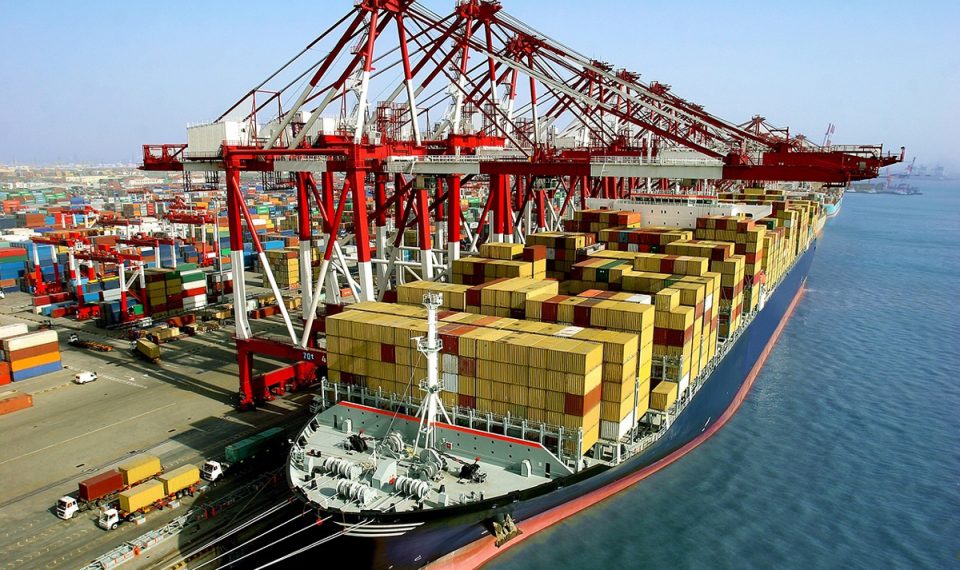The shipping industry will need to invest about $3.4 trillion in the next 30 years to replace the existing fleet in line with the sector’s decarbonization plans.
An industry top analyst and Non-Executive President of Clarkson Research Services Limited, Mr. Martin Stopford, made the projection while giving a keynote address during Capital Link’s decarbonisation in the shipping forum.
Stopford said the estimated investment requirement is extremely high and is based on the current ship prices over the next 30 years, but the figure is likely to be higher as more complex ships expected in the future could be more expensive.
According to him, the extremely high bill poses a question on financing options.
“The industry’s cash flow in the past 20-30 years has been driven by the spot market, and the 30-year average is $15,000 a day.
“This means that there is barely enough money to pay for the capital involved,” he said. Stopford believes cooperation with charterers would be key in this process, where charterers would have to take the lead in deciding what type of technology they want to get involved in.
He said the builders would have to take the lead in providing the ships that can deliver and the owners also have to take charge of building organisations that can deliver.
The shipbuilding industry is slated to deliver about 80 million tons of ships this year and possibly less next year. This is only four per cent of the world fleet, he stated.
Looking at the shipbuilding capacity available at the moment, Stopford said it would take 25 years to replace the existing fleet.
“There is a slight tendency of treating the existing fleet as complete rubbish, and I believe this is a completely wrong way to look at it,” he said.
Given the above argument, the maritime world will be living with the existing ships for a long time. Stopford insists that the good thing about the existing fleet is its low capital value, which means ship owners would be able to trade the ships more slowly.
He said the most dramatic way of saving carbon today is by slowing down ships to eight knots. This, according to him could equal between 60 and 80 per cent of carbon savings, depending on the ship’s previous speeds.




